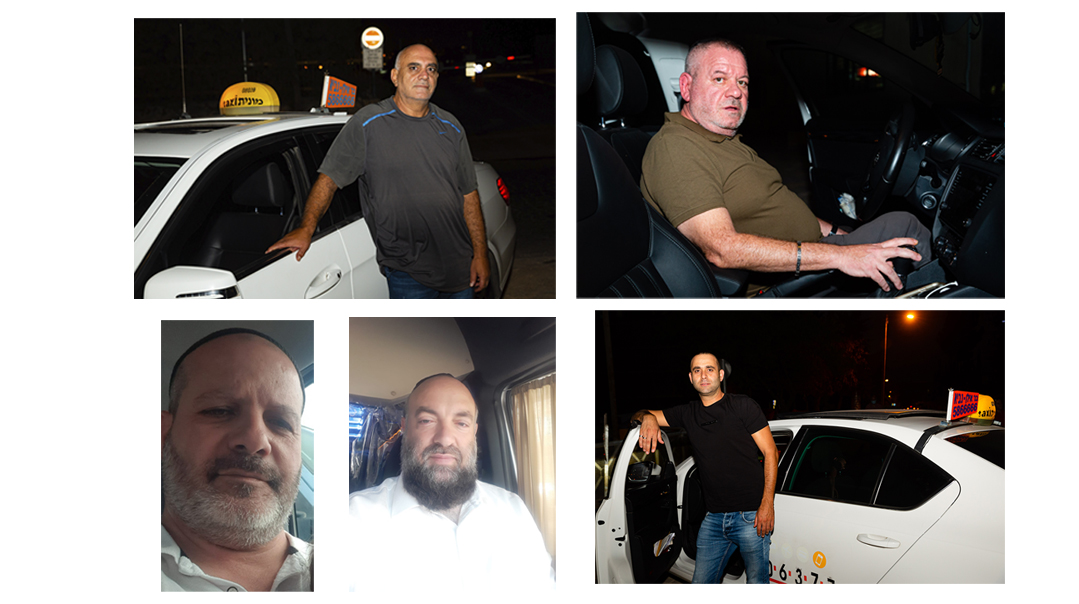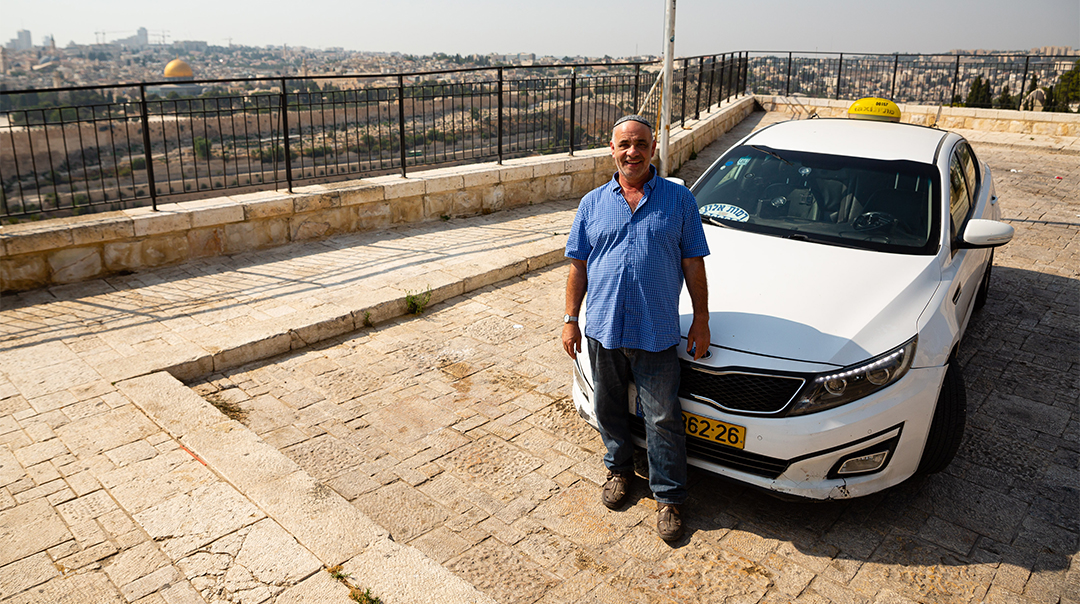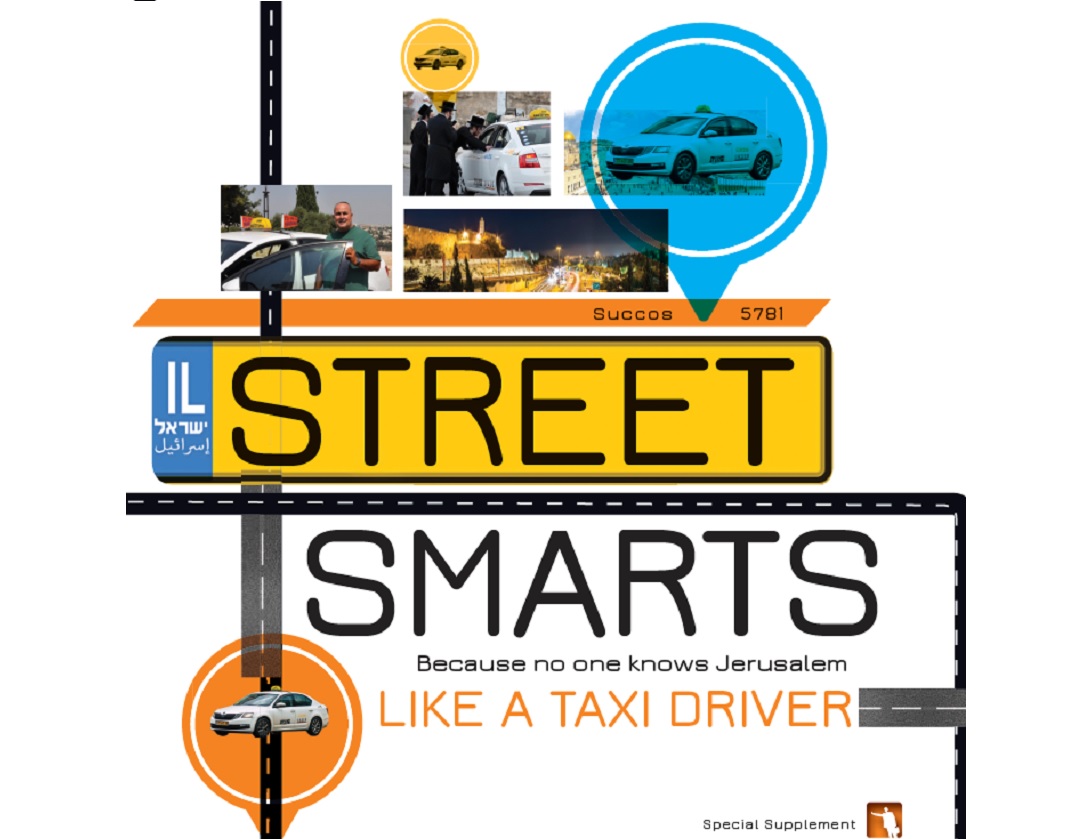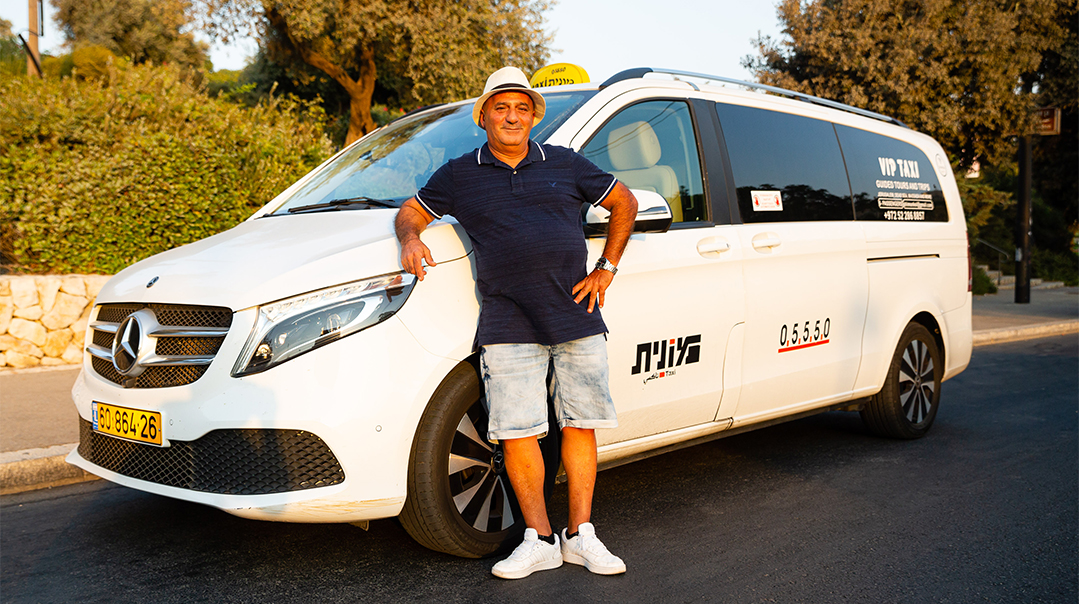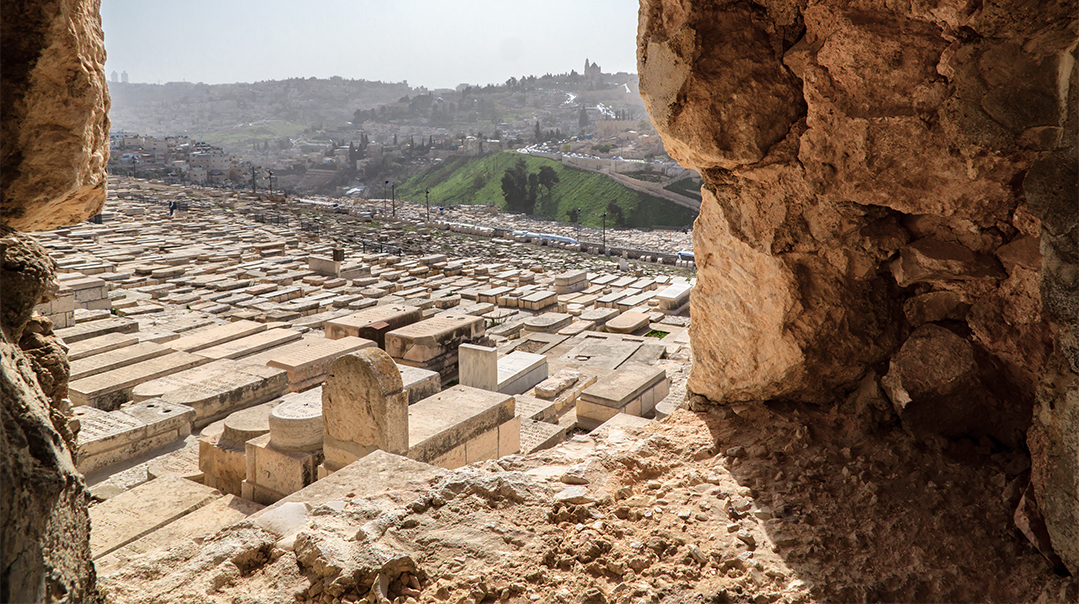Clean Slate
| September 29, 2020He was about to accuse me of chutzpah for trying to fit that oversized load into his car, and insist I pay extra for my cargo. I braced myself

A veteran taxi rider in Israel can read a cabbie’s mood in those first few seconds as he pulls up to the curb, rolls down his window, and shouts, “Hizmant, geveret? You ordered?”
There are the ones who give you the wide-grinned greeting, who jump out to help you with your packages, and who — whether or not they are wearing a kippah on their heads — regale you with divrei Torah and their thoughts on the meaning of life in the inimitable Israeli cabbie way. The ones who, when your container of rainbow sprinkles falls out of your grocery bag and spills thousands of teeny tiny impossible-to-remove balls of sugary confetti all over the trunk, assure you, “Don’t worry, I like candy!” (Not that this ever happened to me.)
And then there are the unmistakable signs that you have the other kind of driver. You can tell from the miniscule muscle movements in his expressionless face. The way his eyes take in your too-full shopping cart, then glance at you, standing next to it in guilty ownership, and his mouth contracts in the slightest of frowns. The way he stares, grim and unresponsive, at your hopeful, cheery hello, and the way his eyes narrow as he watches, motionless, from his rearview mirror, very definitely not offering to help, as you struggle to bump your too-full cart over the curb to reach his trunk, all the while praying that the cart doesn’t slam into his bumper and scratch the paint.
And all you can do, if you’re a sensitive American female, is cower inside and hope that the tongue lashing won’t be too harsh. Because, whether it’s your audacity in trying to fit a stroller into the trunk on top of your groceries, or the way you close the trunk with insufficient gentleness, you know that you’re going to do something wrong.
As soon as I saw this driver, I knew I was in for it. It was shortly before Rosh Hashanah, and my shopping cart was packed with pre-Yom Tov supplies. He stared at the overflowing cart, stony-faced, and I saw in his narrowed eyes that he was about to accuse me of chutzpah for trying to fit that oversized load into his car, and insist I pay extra for my cargo. I braced myself.
Just then, another taxi driver walked up and slapped a hand on my driver’s shoulder.
“Achi, I’m so glad I ran into you,” he said. “Listen, Rosh Hashanah’s coming. I want to ask mechilah.”
My driver waved him off. “Zeh klum, there’s nothing to forgive.”
But the other driver was insistent. “I want to go into Rosh Hashanah knowing I have your mechilah.”
“Of course, of course,” my driver assured him. Satisfied, the other man walked away, and my driver turned back to me.
But now, Stony-Face was flushed and beaming. Instead of commenting on the number of bags I was in the process of piling into his trunk, he walked over and, without a word, began to help me load. He didn’t even mutter later when we got stuck in a minor traffic jam at the entrance to my building’s parking lot.
Did he regale me during the ride with deep insights into the power of forgiveness, and friendship, and the effects of one small gesture, in that inimitable Israeli cabbie way? No; he wasn’t a man of words, this taxi driver.
When I got out of the car, he merely nodded to my cheery “Thank you” and “Have a good day” — and he wished me a good year.
Gila Arnold is a regular Mishpacha contributor and copywriter. She lives in Ramat Beit Shemesh.
(Originally featured in Mishpacha, Issue 830)
Oops! We could not locate your form.

